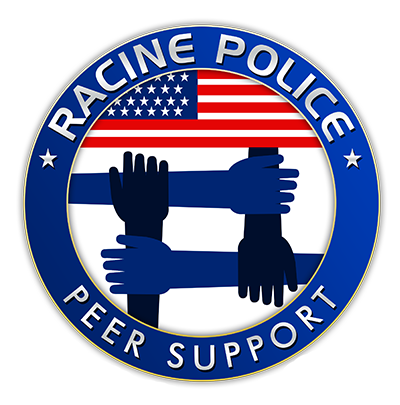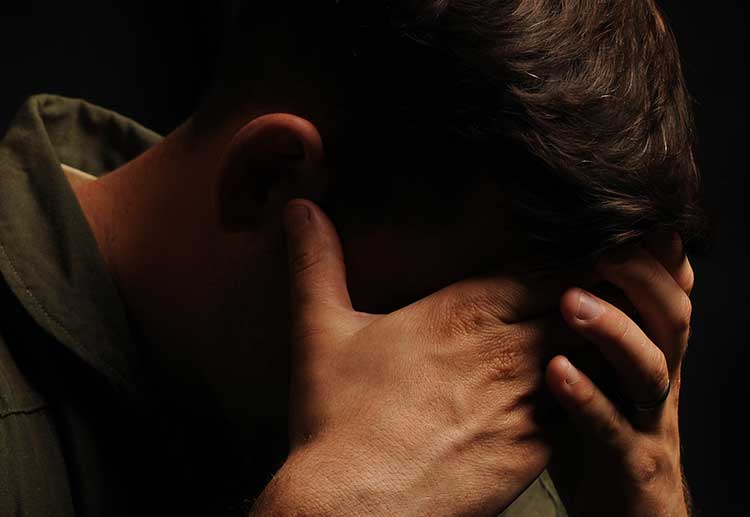When you hear the word trauma, what you think about?
A broken leg. A gunshot wound. Something you’d see on a dramatic TV series like Chicago Fire or CSI. It’s only natural to think about the visible injuries that often times can make a soft stomach turn sour. That’s not the kind of trauma I’m talking about here. For many of my brothers and sisters in Blue, it’s the trauma you can’t see on the outside that can be the most dangerous of all. This trauma can be impressed upon an officer a number of ways, and affects each officer very differently. (The topic of an officer’s reactions to trauma will be addressed in a future blog post here.)
Whether trauma is suffered from one violent police call for service, a call involving an infant or child, or exposure to various heartbreaking situations and critical incidents over an officer’s career, it’s there. You can’t see it, but it’s there. Covert. Suffocating. Covert. Numbing. Covert. Buried.
So, why do law enforcement officers conceal their trauma reactions? Think about it. They spend shift after shift, year after year running towards the danger. They’re there to help people when they’re at their worst moments in life. They’d take a bullet for their brother or sister in blue, or you. They’re strong and steadfast. That’s a pretty big image to uphold, right? After 20 years in law enforcement, I’ve seen that way of thinking hurt us far more than it helps us, including myself.
In the academy, we spent our time training for all the physical and policy orientated aspects of police work. Handcuffing. Defense and arrest tactics. Firearms. Report writing. Policy and procedure. Learning State Law’s. Policing as a whole hasn’t spent much time on our mental and emotional well-being, and in fact 20 years ago we spent zero time on the topic. ZERO.
From early on in our law enforcement careers, we’re taught indirectly to “suck it up” or “just deal with it” when we’re faced with a tough call during our shift. No one talked about it and if someone asked if you were ok, you simply responded “I’m fine, thanks” and went on with the rest of our shift. Dealing with our emotional and mental well-being wasn’t in our training manuals or in the academy. It was just an unspoken ‘rule’ associated with a stigma in law enforcement. COPS DON’T ASK FOR HELP.
I wish I would have known and understood 20 years ago what I know and understand now. I would have been much better prepared for what laid ahead in my career. At less than 5 years on the road, like many other law enforcement officers, I’d seen a few dead babies, been involved in an officer involved shooting, chased kids through yards after a vehicle pursuits and seen more dead bodies and bloody crime scenes than I cared to ever see in my lifetime. What does a person do with all that trauma? What would you do with all it if it happened to you?
Law enforcement in general, including here at the Racine Police Department, is improving at educating and empowering officers to take control over their own emotional and mental well-being. We’re talking about vicarious trauma, warning signs and symptoms of PTSD, watching out for each other on a more emotional level and probably the most important of all: we’re talking about it. We’re working hard to erase the stigma in law enforcement and advocate for officer’s well being. Stop and talk about it, because in this family no one fights alone.
Please a few minutes to check out our new Racine Police Peer Support Team website. There are a variety of resource websites, downloadable PDF’s, videos and books you may find helpful in your journey as a law enforcement officer or LEO family member.
Welcome to the fight. You aren’t alone.

